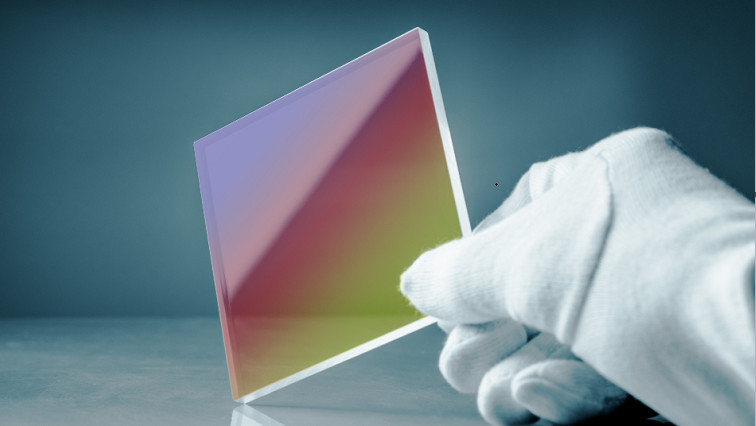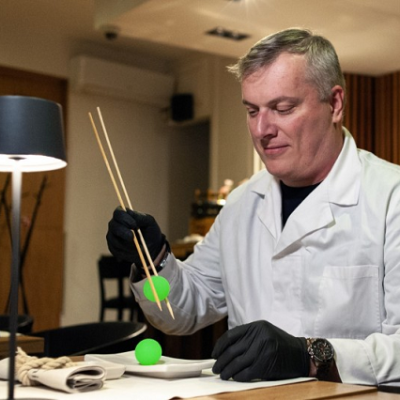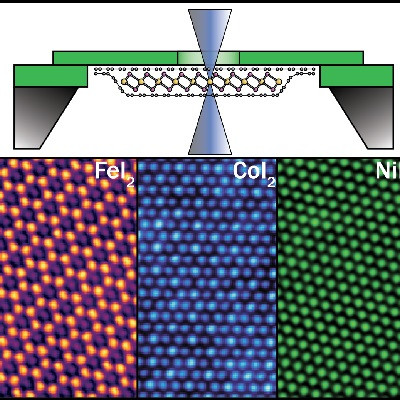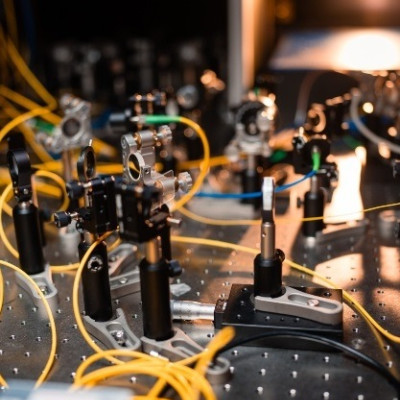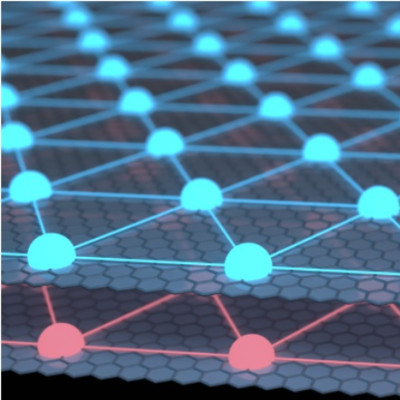The paper “Understanding nanodomain morphology formation in dip-coated PS-b-PEO thin films” was published in the September issue of Nanoscale Advances (Volume 3, Issue 17).
The research work for the manuscript was conducted under the SUPER-WEAR project (Super-stretchable functionalized materials and fibers for third generation wearable technology) funded by the Academy of Finland and led by Prof. Jaana Vapaavuori.
All experiments were performed by Hoang M. Nguyen, and the TEM analysis was done by Swarnalok De. The development of the theory was a joint effort of both Hoang M. Nguyen and Ariane V. Mader.
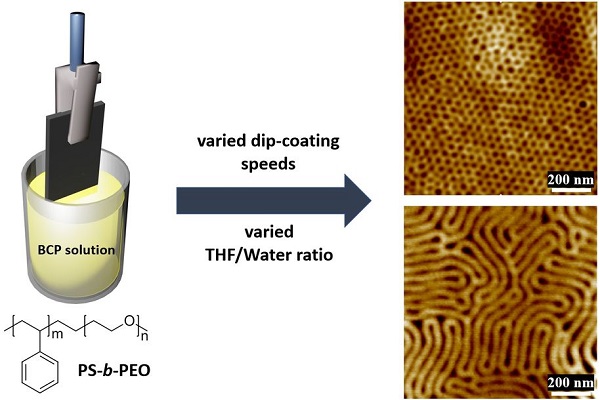
Hoang M. Nguyen about the publication: "Block copolymer (BCP) thin films prepared by dip-coating are increasingly investigated, owing to the many promising application areas, the facility, and the industrial scalability of this technique. Yet, the effect of different dip-coating parameters on BCP nanostructure formation is still underdeveloped and the results of previous literature are limited to a few block copolymers.
Here, we study the effect of the withdrawal rate and solvent selectivity on the morphology evolution of dip-coated polystyrene-b-poly(ethylene oxide) thin films by applying a wide range of dip-coating speeds and altering the volume ratio of the tetrahydrofuran–water solvent system. Notably, we have obtained a hexagonally packed BCP pattern with long-range order without the need for post-annealing processes."
Read the original article on Aalto University.

